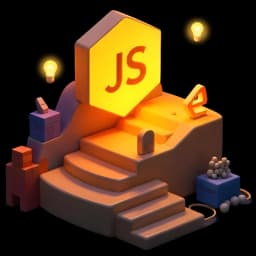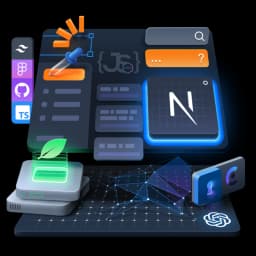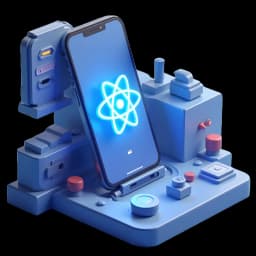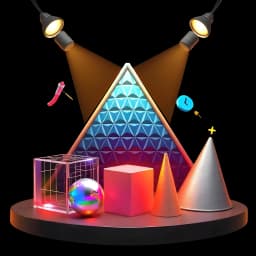Access to all courses
What is SQL?
In this module- we'll learn the basics of SQL. The purpose of this module isn't to make you an expert in SQL, or even to give you all the necessary tools to build applications with SQL. The goal is to give you a basic understanding of what SQL is, how it works, and why it's important. It will provide you with a foundation that you can build on as you continue to learn more about SQL and databases, as well as give you the opportunity to learn and get hands-on experience with SQL and queries without having to write an entire application. The Theory and Concepts in SQL are just as important as the actual code you'll write in your application. Understanding the concepts behind SQL will help you write better queries, design better databases, and make better decisions about how to store and retrieve data- no matter what tools you're using.
The rest of this lesson is waiting.
Join JS Mastery Pro to unlock it.





Get Full Access
$149 /month
Lock in a year & save—2 months free!
Quizzes, mini-challenges, AI summaries, inline sandboxes
Participation in a private community
Build real production-grade apps
Mock interviews & project reviews
Weekly live sessions & member-only access